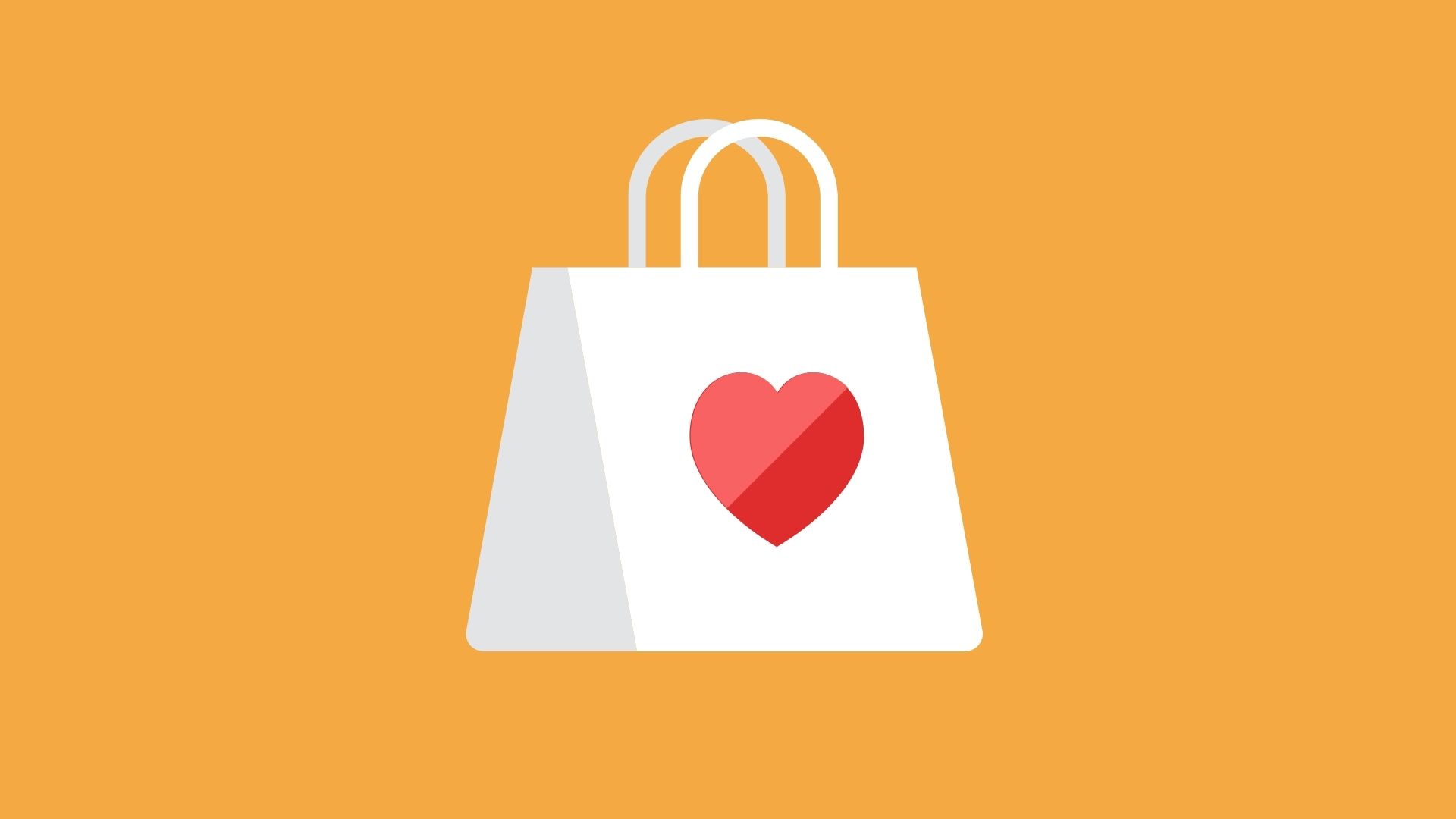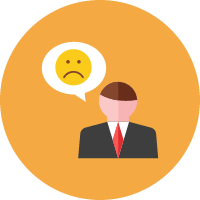
We at Libro.fm often refer to the importance of shopping small, of choosing to support an independently-owned bookshop over a corporation, including a certain online megaretailer. In fact, this is built into our mission; every purchase on Libro.fm supports the independent bookshop of a listener’s choice.
But why do we believe in shopping small? Why is the act so important?
Amazon’s dominance

To put it bluntly, independently owned businesses—any locally owned business, not just bookshops—can’t keep up with Amazon. Because they have so many different revenue streams (think grocery, books, streaming, data services, healthcare, and more), the company offers steep discounts that would close a small business with just one revenue stream over time. They offer convenient shipping options, and work hard to avoid paying the taxes that small businesses pay.
When Amazon launched in 1995, there were 5,500 independent bookshops in the U.S., with 7,000 locations. By May of 2023, that number had decreased to 2,185 indies with 2,599 locations. That’s 60% less independent bookshops than when Amazon began.
A leaked document from Amazon revealed that the corporation sells more than 70% of all books (print, digital, and audio) in the U.S. Can you imagine what the revenue from that 70% could do for local bookshops across the U.S.? And knowing how prominent Amazon is outside of the U.S. too, across the globe? Plus, with Spotify emerging as a large player in the audiobook market, the negative impact on local bookshops is likely to grow only more significant.
Economic circulation

While large corporations are busy avoiding taxes, small businesses are circulating money within your local community. Sale and property taxes go toward your town’s education, transportation, and healthcare services/systems, among other things.
In fact, a study series ran between 2012 and 2022 by Civics Economics found that supporting independently-owned retailers leads to 52.9% of revenue being recirculated locally, while supporting chains only leads to 13.6%. In the UK, if you spend £10 at a small business, it can result in up to £50 more being recirculated in the local economy than if that same amount was spent at a chain. And a 2019 study from the American Booksellers Association found that approximately 28% of all revenue from bookshops immediately recirculates in the local economy—compared to 17% with Barnes and Noble and less than 4% with Amazon.
Job creation

In 2022, the U.S. Small Business Administration released a fact sheet outlining that small businesses have generated 12.9 million jobs in the past 25 years. During the 2008-2009 recession, the employment growth rate of large companies fell 1.65% more than that of small companies. A study looking at Walmart’s impact found that a new store location reduces county-wide retail payroll by ~$1.2 million. And a whole host of research has demonstrated how small owned businesses are linked to lower levels of poverty.
Despite the prominence of large-scale corporations like Amazon and how seamlessly they fit into everyday use, small-and-medium-sized enterprises make up 90% of the world’s business population. In New Zealand, 97% of all firms have fewer than 20 employees. In Australia, 98% of all companies are small businesses. As of 2021 in the UK, that number is 99.9%.
Community engagement

Small businesses are also way more involved on a local level. Think about children’s sports teams, for example—local companies will often sponsor new jerseys for the team, or other youth projects and services. In fact, 80% of small businesses in the U.S. say that their mission clearly defines a give back component for their local community, such as charity donations, sponsoring local events, and offering discounts to community members, such as teachers and veterans.
Bookshops in particular are an amazing example of how small businesses benefit community morale and engagement. From hosting author events to book clubs to camps for kids and more, they become spaces for people to engage with one another over something they love. They foster connections between employees and customers, making the experience not only more personal, but fulfilling.
Environmental conservation

One “perk” of Amazon is the rapid shipping. However shipping leads to a larger supply chain and an increase in a company’s transportation footprint. Not only does shopping locally decrease supply chains, but small businesses often support other small businesses and vendors, meaning much of what they sell often is locally created/produced. Residents of neighborhoods with small businesses actually log 26% less in automobile mileage than those without!
Over the past 20 years, Amazon has become an ecommerce giant that many individuals cannot imagine their lives without—and many of us, because of accessibility reasons—might not have a choice in whether or not we support them. And that’s okay! We all have to make the choices that make the most sense for us.
But when we are aware of the impact and the power we hold, we can create a wealth of change, particularly in our local community. We can help ensure our public school systems are funded, that there are enough bus lines to help people commute across the city, and that our hospitals are stocked with the resources they need to ensure we are healthy and safe.
Shopping small is about helping our favorite businesses thrive, including our beloved independent bookshops. But in today’s day and age, it goes way beyond that, too. Shopping local can help our entire community for the better, and for generations to come.

